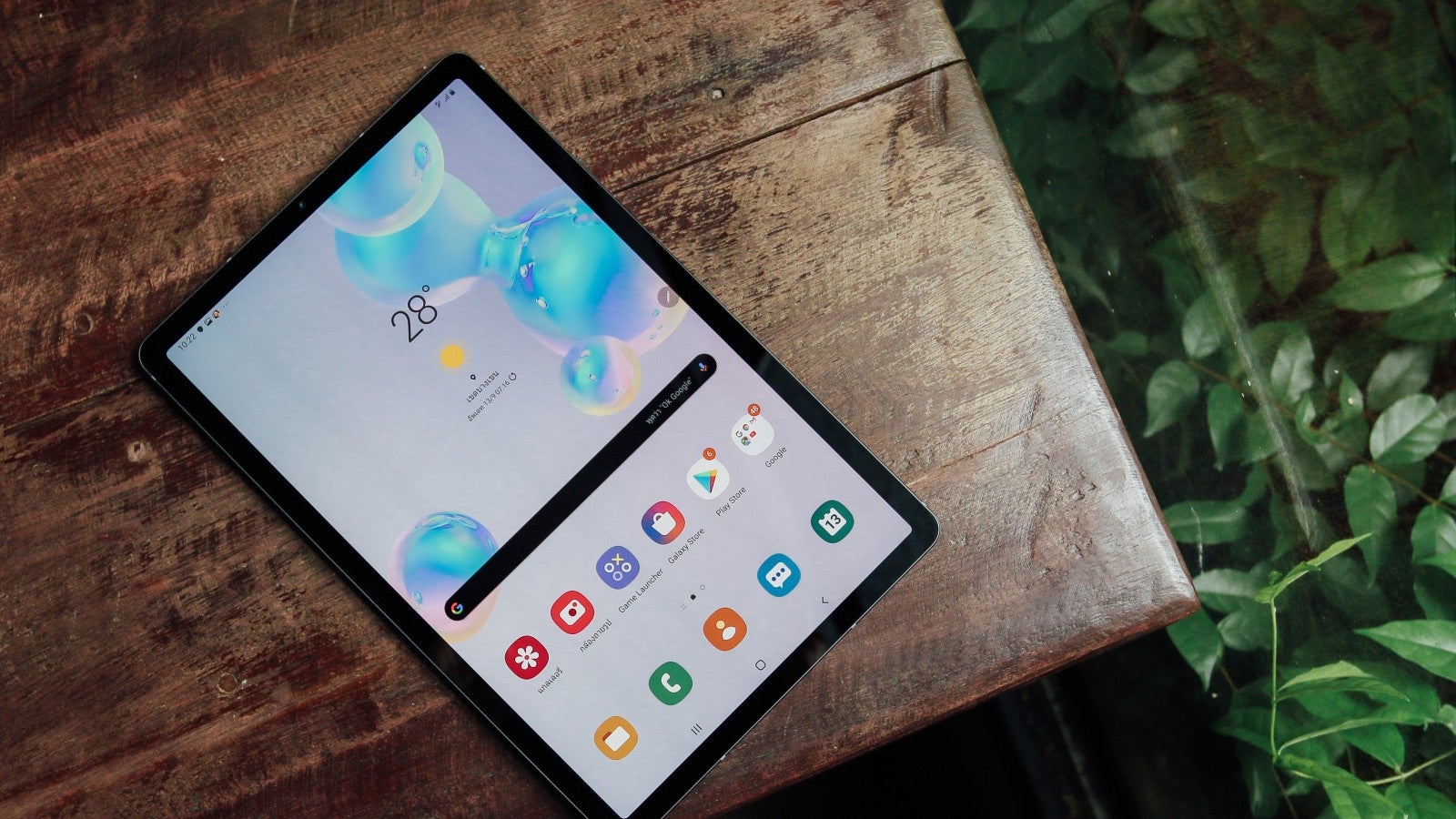A new telephone malware known as “Agent Smith” has been observed that has inflamed 25 million gadgets worldwide, along with 15 million in India, Check Point Research claims. The malware disguises itself as a Google-related utility, after which it replaces installed programs with malicious variations of the usage of recognized Android vulnerabilities without customers’ understanding. Separately, the cyber hazard intelligence company has released the top 3 malware that had been energetic in June, together with Lotoor, which is especially used to show advertisements but can also access touchy consumer facts. As in keeping with a press be aware shared using Check Point Research, the Agent Smith malware uses its get right of entry to Android devices to reveal fake advertisements for financial benefit. However, given its admission, it can also be used for greater nefarious purposes. However, it’s miles uncertain if the malware has been doing so.

Check Point Research notes that the pastime of Agent Smith resembles how different malware like CopyCat, Gooligan, and Hummingbird have operated in recent years. All three malware campaigns have used inflamed gadgets to generate faux advert revenue to the tune of thousands and thousands of bucks. “Disguised as a Google-associated utility, the malware exploits recognized Android vulnerabilities and mechanically replaces established apps with malicious variations without customers’ expertise or interaction,” the notice provides. According to the studies firm, Agent Smith originated on the popular third-celebration app Save 9Apps and has centered especially on Arabic, Hindi, Indonesian, and Russian speakers. The mMost of the malware’s victims are based in India and neighboring international locations like Bangladesh and Pakistan. Check Point Research has also discovered inflamed devices in international places like Australia, the UK, and the USA.
Some apps that infect devices through the 9Apps shop are Color Phone Flash – Call Screen Theme, Photo Projector, Rabbit Temple, Kiss Game: Touch Her Heart and Girl Cloth XRay Scan Simulator. This isn’t always all; after the preliminary attack vector via 9Apps, the creators of Agent Smith moved to the Google Play Store and were capable of pushing a minimum of eleven malware-laden apps in the shop. The apps covered Blockman Go Free Realms & Mini Games by Blockman Go Studio, Cooking Witch via Ghost Rabbit, Ludo Master – New Ludo Game 2019 For Free using Hippo Lab, Angry Virus using A-Little Game, Bio Blast – Infinity Battle: Shoot Virus! Using Tap Legend, Shooting Jet by Gaming Hippo, Gun Hero: Gunman Game for Free by Simplefreegames, Clash of Virus by way of BrainyCoolGuy, Star Range by A-little Game, Crazy Juicer – Hot Knife Hit Game & Juice Blast via Mint Games Global, and Sky Warriors: General Attack.
Some of the inflamed Google Play apps and games had over hundred,,000 installs. However, two managed to clock over 10 million installs. Google has removed all the apps from Google Play, but if you have any of those apps set up, you are most likely infected by Agent Smith malware. You can put off the malware-weighted-down app by going to Settings > Apps and uninstalling the app. Check Point Research says Android users need only to use depended-on app shops to download apps as “1/3 birthday celebration app stores regularly lack the safety measures required to dam spyware loaded apps.” You can locate technical analysis of the Agent Smith malware on the Check Point blog. In a separate press note, Check Point Research says Lotoor, Triada, and Ztorg crowned the cellular malware list in June. While Lotoor’s principal function is showing advertisements, Triada is a modular backdoor for Android, which grants super-person privileges to downloaded malware. On the other hand, Strong obtains escalated privileges on Android gadgets and installs itself inside the system directory. The malware is also able to install another application on the tool.





